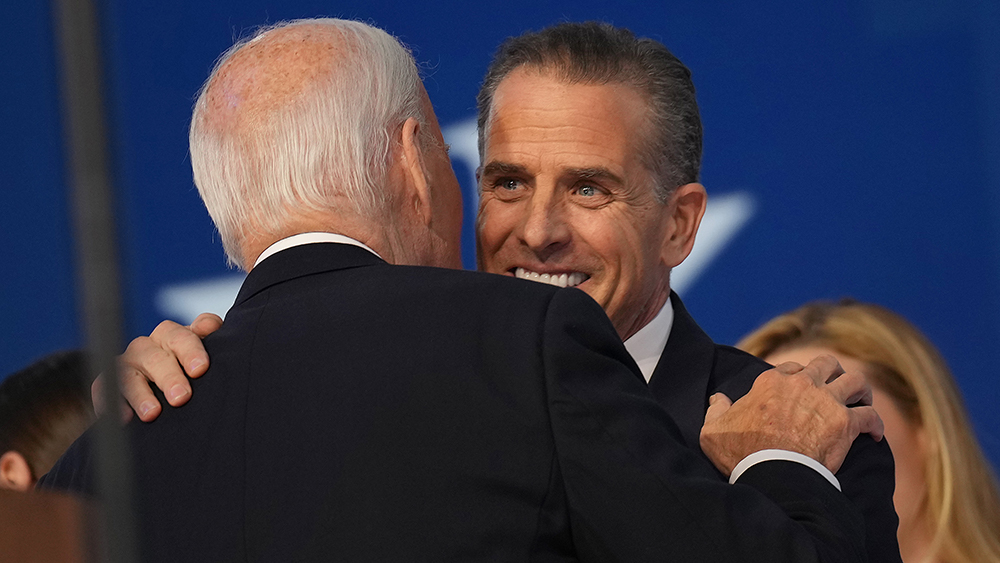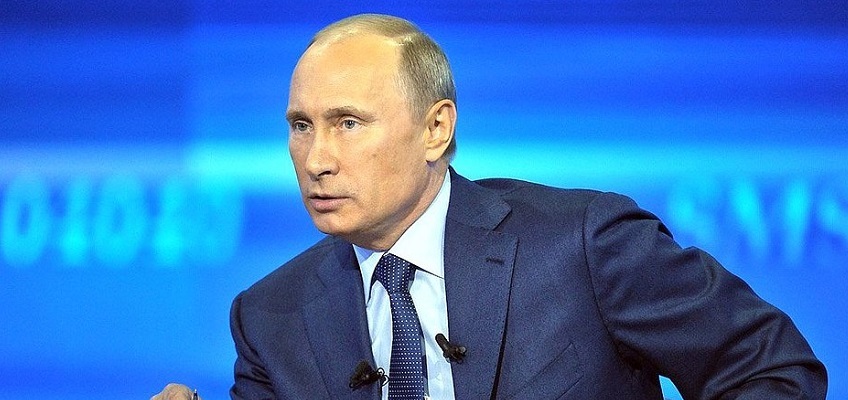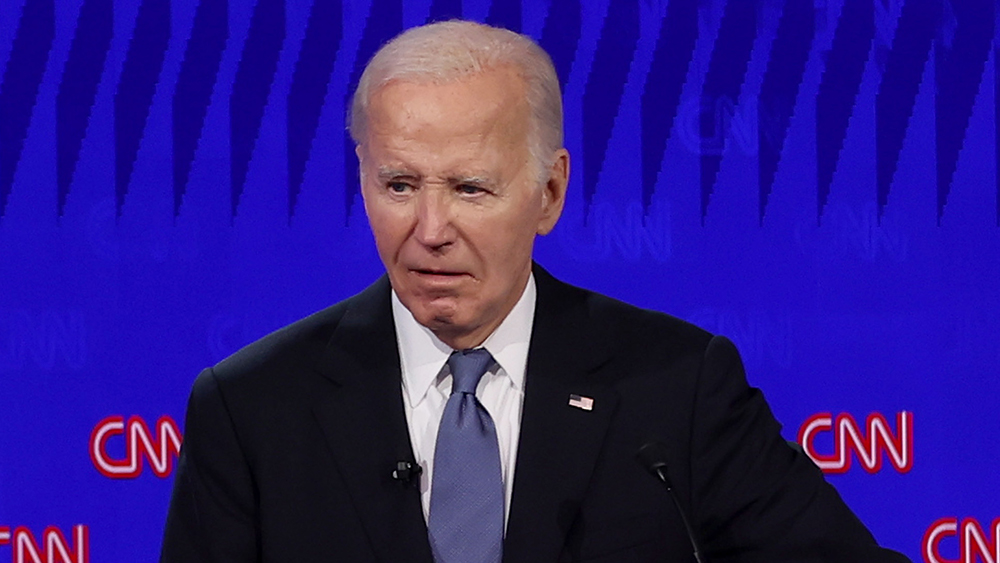Big Pharma’s “delinking” scheme: A dangerous money grab that will hurt seniors’ wallets and America’s future
By willowt // 2024-12-17
Tweet
Share
Copy

- The proposed policy aims to disconnect pharmacy benefit managers (PBMs) from rebate negotiations, enriching Big Pharma at the expense of Americans, with a potential $32 billion windfall for drug companies.
- University of Chicago economist Casey Mulligan estimates that "delinking" would increase Medicare Part D premiums by $13 billion annually and raise federal spending 10 billion, while Big Pharma profits rise by $10 billion.
- Prominent figures like Donald Trump Jr., Charlie Kirk, and Larry Elder have criticized "delinking" as a "massive money grab" that undermines free market forces and increases premiums for seniors.
- The Paragon Health Institute argues that eliminating rebates would weaken PBMs' incentives to negotiate lower drug prices, handing Big Pharma a $32 billion windfall while harming consumers and taxpayers.
- The policy could lead to higher health care costs, undermine competition, and pave the way for more government control, with conservatives urging Congress to reject the proposal to protect seniors and taxpayers.
Conservatives sounding the alarm
This is not the first time such policies have been proposed. In 2019, similar measures were floated but ultimately scuttled thanks to President Trump’s leadership. Now, with the Biden administration in power and a divided Congress in its final days, Big Pharma is once again pushing for “delinking” — this time with renewed urgency. The implications of this scheme are far-reaching. Not only would it lead to higher premiums for seniors, but it would also undermine competition in the health care market, paving the way for a more government-controlled system. Hugh Hewitt, a conservative political commentator, has described the plan as a “dead of night” effort to “cripple the pharmacy benefit managers” and deliver a $32 billion windfall to drug companies. Who pays? “You and I pay,” he warns. The economic consequences are equally dire. Mulligan’s analysis reveals that federal spending would surge by $10 billion annually, while health care premiums for seniors would rise by $13 billion. These costs would inevitably trickle down to employers and taxpayers, further straining an already fragile economy. In a time of economic uncertainty, the last thing America needs is a policy that enriches corporate giants while punishing the most vulnerable members of society. Yet, that is exactly what “delinking” promises to deliver. It is a scheme designed not to lower drug prices, but to consolidate power and profit in the hands of a few. Congress must reject this dangerous proposal. Lawmakers must stand up to Big Pharma, protect seniors from higher premiums, and preserve the market-based incentives that have kept drug prices in check. The stakes are too high to do otherwise. America’s seniors, taxpayers, and employers deserve better than a $32 billion bailout for Big Pharma. It’s time to sound the alarm and demand that Congress reject this disastrous scheme before it’s too late. Sources include: ConservativesforLowerHealthCareCosts.com NationalBureauofEconomicResearch.org ParagonInstitute.orgTweet
Share
Copy
Tagged Under:
collapse congress treason corruption Big Pharma conspiracy big government deception deep state insanity risk money supply inflation drug prices seniors traitors outrage money grab pharmaceutical fraud economic riot finance riot delinking scheme
You Might Also Like
Photos unveil then-VP Biden’s secret meetings with son Hunter’s China connections
By Belle Carter // Share
Russia says they stopped a Ukrainian ASSASSINATION plot targeting a military officer and a blogger
By Lance D Johnson // Share
Germany’s economic woes: A leftist leadership’s legacy of decline
By Willow Tohi // Share
Operation Choke Point 2.0: The federal government’s war on legal businesses
By Willow Tohi // Share
Sara Netanyahu facing witness tampering charges in Israeli PM corruption trial
By Cassie B. // Share











